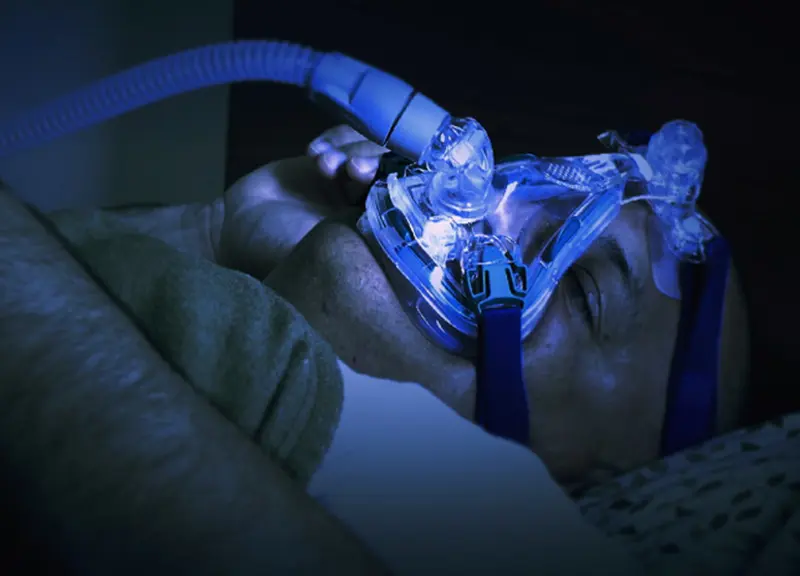Obstructive Sleep Apnea: Causes and Treatment


Sleep apnea is a common, yet often undiagnosed condition that can cause sleep problems. Sleep apnea is a breathing disorder that restricts airflow through the mouth and throat to-and-from the lungs, and is caused by the relaxation of muscles in the throat which in turns causes the collapse of soft tissue in the back of the throat.
The collapse of tissue causes a blockage of the upper airway which results in a pause in breathing and a reduction in blood oxygen levels. When this occurs, the brain attempts to respond by waking the body temporarily to restore normal breathing pattern. Typically, a sleep apnea sufferer can undergo this nuisance many times throughout the night.
Typical symptoms of sleep apnea include a tendency to snore loudly, which is choked off when airflow is reduced. Upon breathing being re-regulated, the patient will often make a gasping or choking sound afterwards.
A dentist can treat sleep apnea in various ways. More severe cases may require the patient to wear a mask or breathing apparatus. Continuous positive airway pressure (CPAP), a treatment administered when the patient is sleeping, delivers a continuous supply of air which prevents the airway from closing.
Alternatively, oral appliances are an effective treatment for mild to moderate sleep apnea. These dental appliances are designed to reposition the lower jaw, tongue and soft palate, and are worn in a similar fashion to a mouth guard. By holding the jaw and tongue in a forward position, the amount of space at the back of the throat is increased and maintained, allowing more air to pass through.
A dentist might also recommend surgery in the event alternative treatments have been unsuccessful, or if the patient suffers from a deviated nasal septum, enlarged tonsils, or a small lower jaw. These conditions can narrow or obstruct airways, preventing the flow of air through the throat.
If sleep apnea is getting in the way of you and a good night’s sleep, contact our skilled team today for a professional consultation.